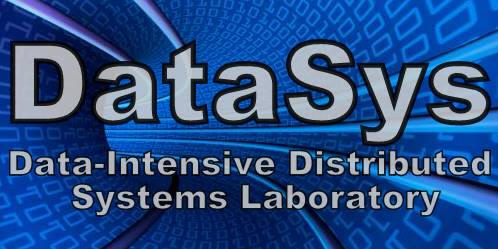GROPHECY: GPU performance projection from CPU code skeletons

Jiayuan Meng
Argonne Scholar
Advanced Leadership Computing Facility Division
Argonne National Laboratory
Stuart Building 113
Wednesday, March 14th, 2012
10:15AM-11:15AM
Slides
Abstract: We propose GROPHECY, a GPU performance projection framework that can estimate the performance benefit of GPU acceleration without actual GPU programming or hardware. Users need only skeletonize pieces of CPU code that are targets for GPU acceleration. Code skeletons are automatically transformed in various ways to mimic tuned GPU codes with characteristics resembling real implementations. The synthesized characteristics are used by an existing analytical model to project GPU performance. The cost and benefit of GPU development can then be estimated according to the transformed code skeleton that yields the best projected performance. With GROPHECY, users can leap toward GPU acceleration only when the cost-benefit makes sense. The framework is validated using kernel benchmarks and data-parallel codes in legacy scientific applications. The measured performance of manually tuned codes deviates from the projected performance by 17% in geometric mean.
Bio: Jiayuan Meng is currently an Argonne Scholar at Argonne National Laboratory's Leadership Computing Facility Division. He earned his Ph.D. in Computer Science from University of Virginia in 2010. He earned his Master of Computer Science from University of Virginia in 2008 and Bachelor in Computer Science from Zhejiang University, China, in 2005. His research interests include heterogeneous architecture design, high performance computing, and performance modeling. His MV5 simulator is used by various institutions to study heterogenous manycore architectures. He received the 2009-2010 NVIDIA Graduate Fellowship and the 2010 U.Va. Award for Excellence in Scholarship in the Sciences and Engineering.
 Data-Intensive Distributed Systems Laboratory
Data-Intensive Distributed Systems Laboratory